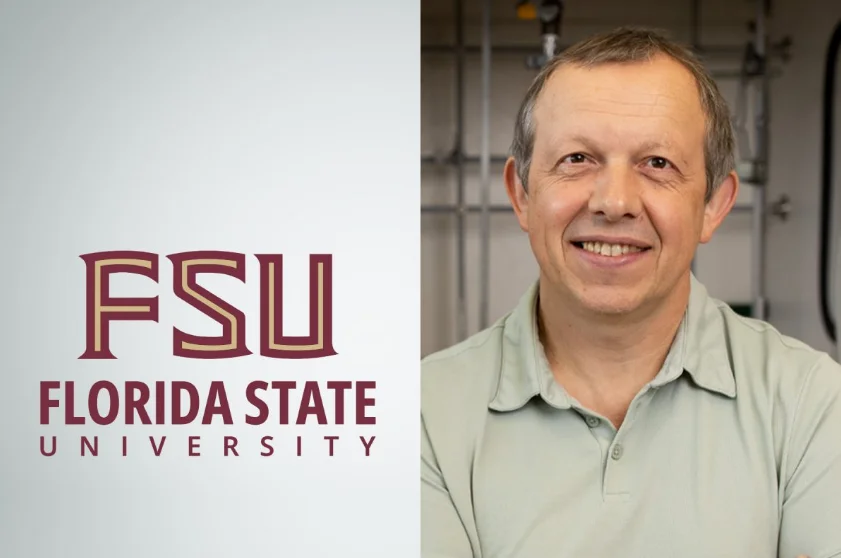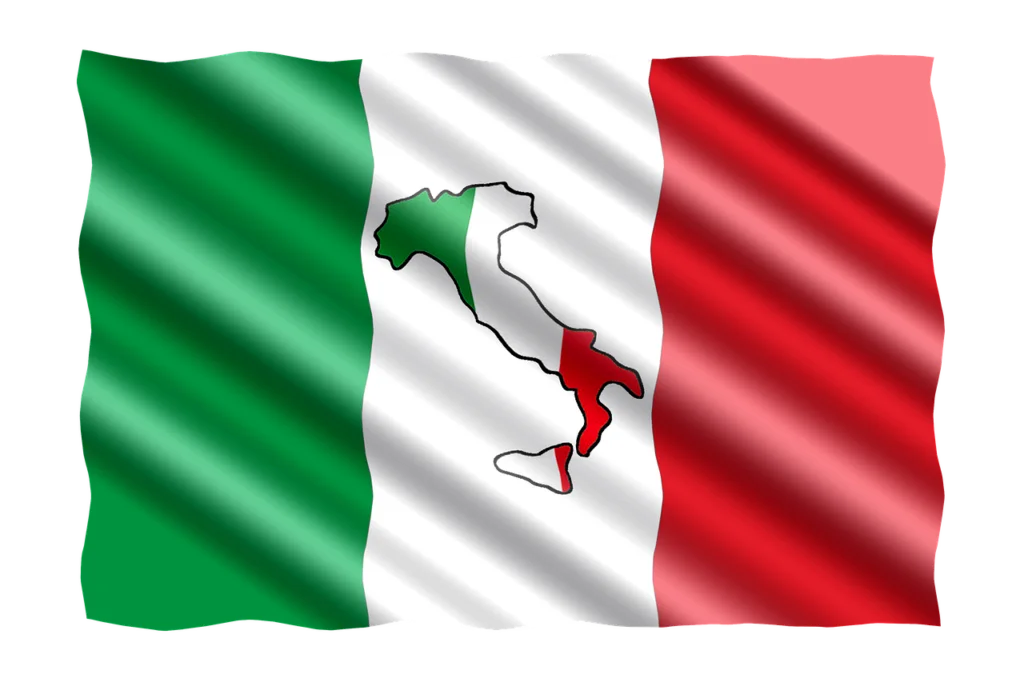Chicago Quantum Exchange: Putting Chicago on the Map for Quantum
Announcements and Updates from David Awschalom about Chicago Quantum Exchange
Focus: CQE Origins, identity, initiatives, startups, opportunities, QC Ed


David Awschalom is the Liew Family Professor in Spintronics and Quantum Information in the Pritzker School of Molecular Engineering, a professor of Physics, and director of the Chicago Quantum Exchange. He also holds a senior scientist and Quantum Group Leader position at Argonne National Laboratory.
What is the CQE, and how did it start?

The Chicago Quantum Exchange is an intellectual hub and community of researchers across six different universities and national labs in the Chicagoland area that accelerates discovery and innovation in quantum information science and engineering. It was launched in 2017 and is anchored by the University of Chicago, Argonne National Laboratory, Fermi National Accelerator Laboratory, the University of Illinois at Urbana-Champaign, the University of Wisconsin-Madison, and Northwestern University. The CQE also collaborates with industry and non-profit partners.
What are the benefits of being a part of the CQE?
First and foremost, we build strong pipelines and connections to advance quantum information science research, and move quantum technologies into scalable products for commercialization. Equally important is building the quantum workforce; the CQE and our institutions educate the next generation of quantum scientists, bridge gaps between trainees and future careers, and provide training to current scientists and engineers.
What are the most important educational initiatives that CQE has going that people should know about?
The CQE and our members and partners have a growing suite of education and training programs designed to develop the quantum workforce. The NSF-funded Quantum Information Science and Engineering Network (QISE-NET) program was developed both to help students understand career opportunities available to them and to build research collaborations between academia, national labs, and industry. The initiative supports graduate students from across the country to work collaboratively with academic, industry, and national lab mentors. Over the course of three years, more than 60 students in the program earn their PhDs, learn how collaborative research occurs across institutions, and gain exposure to careers outside of the academy, which will all position them for future success.
In addition to developing efforts for trainees, the CQE has launched a Certificate in Quantum Science and Engineering specifically for scientists and engineers who are currently in the workforce. People with existing training and experience in classical physics, or classical computer science, are primed to take advantage of the quantum revolution with a relatively small amount of retraining. We have just completed our second version of the certificate course and have plans to continue, as well as expand to other certificates for different audiences.
What kind of opportunities are there for quantum technology-related startups?
In April, we announced the launch of Duality: the first startup accelerator in the US focused on quantum technologies. It is led by the Polsky Center at the University of Chicago and the Chicago Quantum Exchange, in collaboration with regional partners Argonne National Laboratory, the University of Illinois at Urbana-Champaign, and P33. Duality helps quantum startups bridge the gap between the laboratory and the marketplace. It brings together expertise from both leading quantum scientists and business experts to grow and scale quantum startups. The accelerator will also deliver funding, entrepreneurial training, industry exposure, access to facilities and space, and other resources to quantum startups. We are excited about Duality contributing to the development of a strong quantum ecosystem both in the Chicago region and throughout the United States.
Beyond member and partner institutions, how can members of the public get involved?
The CQE institutions hold many opportunities to connect with the public every year. These include seminars and events, such as the ones we hold every fall in conjunction with the annual Chicago Quantum Summit. In previous years, our public events have included keynote talks and fireside chats with leaders from Google and IBM, and other top scientists. In addition, the CQE institutions are building an emerging suite of programs to engage young students, their teachers, and communities.
What sort of initiatives are there to develop educational resources, like curricula, for quantum information and computing?
The CQE institutions are very interested in working with teachers and students in a variety of ways. For example, a program called TeachQuantum embeds teachers in quantum research labs at the University of Chicago and gives them hands-on knowledge and preparation to teach quantum-focused STEM concepts in their own classrooms. Teachers are invited to participate in these six-week summer research experiences as part of the NSF Quantum Leap Challenge Institute for Hybrid Quantum Architectures and Networks (HQAN), a partnership between the University of Chicago, the University of Illinois at Urbana-Champaign, and the University of Wisconsin-Madison.
Our members and partners are also part of an effort to redesign quantum information science teaching at the undergraduate level. The NSF-funded QuSTEAM program, headed by The Ohio State University, is developing a fundamentally different way of teaching quantum science earlier in a student’s undergraduate career. The CQE also collaborates with the National Q-12 Education Partnership’s Q2Work initiative as it develops a nationwide platform for educational resources accessible to all ages.
What would your advice be to working professionals or college students who are interested in careers in quantum information science?
Universities, national labs, and companies are hiring for positions in quantum science at a faster rate than the US is training people in quantum science. This is a great time to take advantage of the abundance of opportunities to get involved in quantum research and help advance the technology.
For more market insights, check out our latest quantum computing news here.















